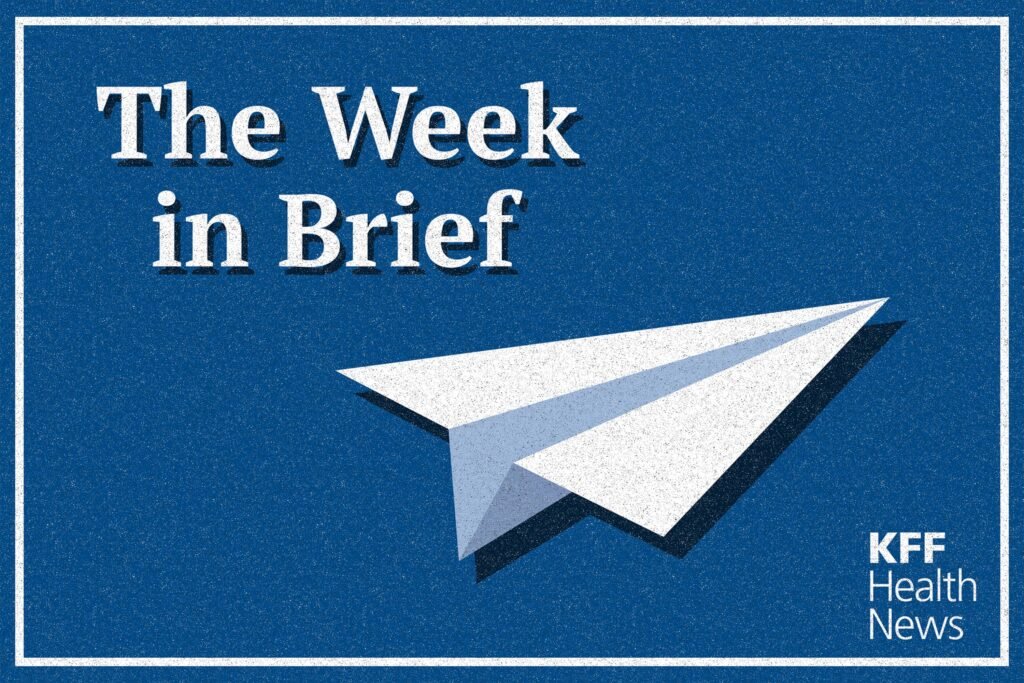The Senate budget bill recently released proposes significant cuts to funding and introduces work requirements for Medicaid, potentially leading to an increase in the number of individuals without health insurance. However, another critical health care issue is on the horizon that could impact millions if Congress does not take action.
Enrollment in the Affordable Care Act’s health insurance marketplace has seen a significant increase over the past four years, particularly in states that supported President Donald Trump in 2024. This surge in enrollment can be attributed to the enhanced subsidies implemented during the Biden administration, which reduce the out-of-pocket costs of premiums for eligible individuals. Unfortunately, these enhanced subsidies are set to expire at the end of the year unless Congress extends them.
If the enhanced subsidies are not extended, ACA enrollees could see their health insurance premiums rise by over 75% on average, with some individuals in certain states facing premium increases of more than double, according to estimates from the Kaiser Family Foundation (KFF). Of the more than 24 million Americans who enrolled in insurance through the marketplace this year, 9 out of 10 receive a subsidy, with many unaware that these enhanced subsidies are set to expire on December 31st.
For individuals like Fabiola Auguste, a Florida insurance agent residing in Miami-Dade County, the enhanced subsidy has significantly reduced her monthly premiums to just $20. If these subsidies are not extended, Auguste fears she may not be able to afford her premiums next year, potentially leaving her uninsured. This predicament is not unique to Auguste, as low-income enrollees stand to experience the most substantial increase in premiums if the enhanced subsidies lapse.
Middle-income enrollees, who earn more than four times the federal poverty level, would become ineligible for subsidies, placing them at risk of facing higher premium costs. This demographic, which includes older individuals, the self-employed, and residents in rural areas, would be disproportionately affected, as highlighted in analyses by KFF and the Urban Institute.
The Congressional Budget Office estimates that ACA enrollment could decline significantly if the enhanced subsidies are not extended, leading to millions of individuals losing coverage over the next few years. Brian Blase, president of the conservative health policy think tank Paragon Health Institute, acknowledges that the enhanced subsidies were initially introduced as a temporary measure during the COVID-19 pandemic to assist individuals at risk of losing coverage.
Allowing these subsidies to expire would essentially revert to the previous structure of the ACA, potentially leaving millions without health insurance. It is crucial for Congress to act swiftly and extend these subsidies to ensure continued access to affordable health care for millions of Americans.


